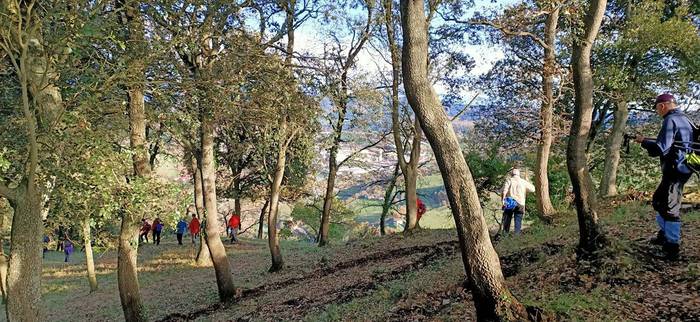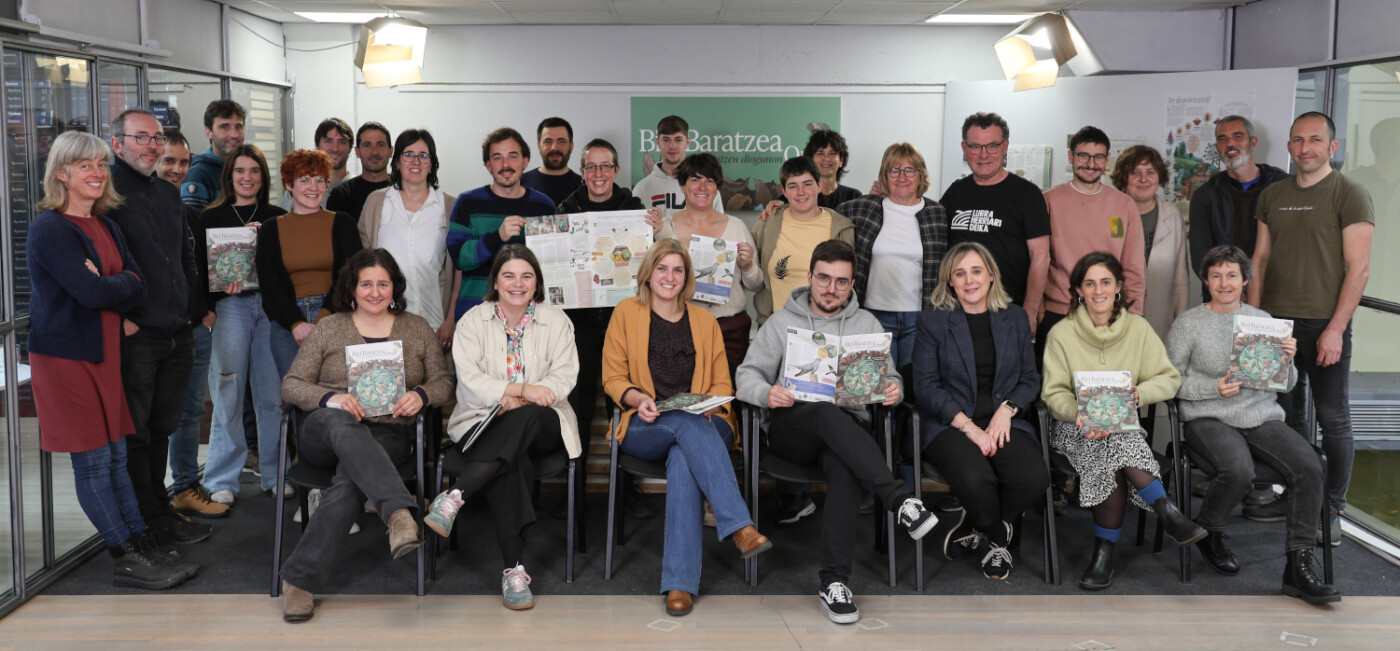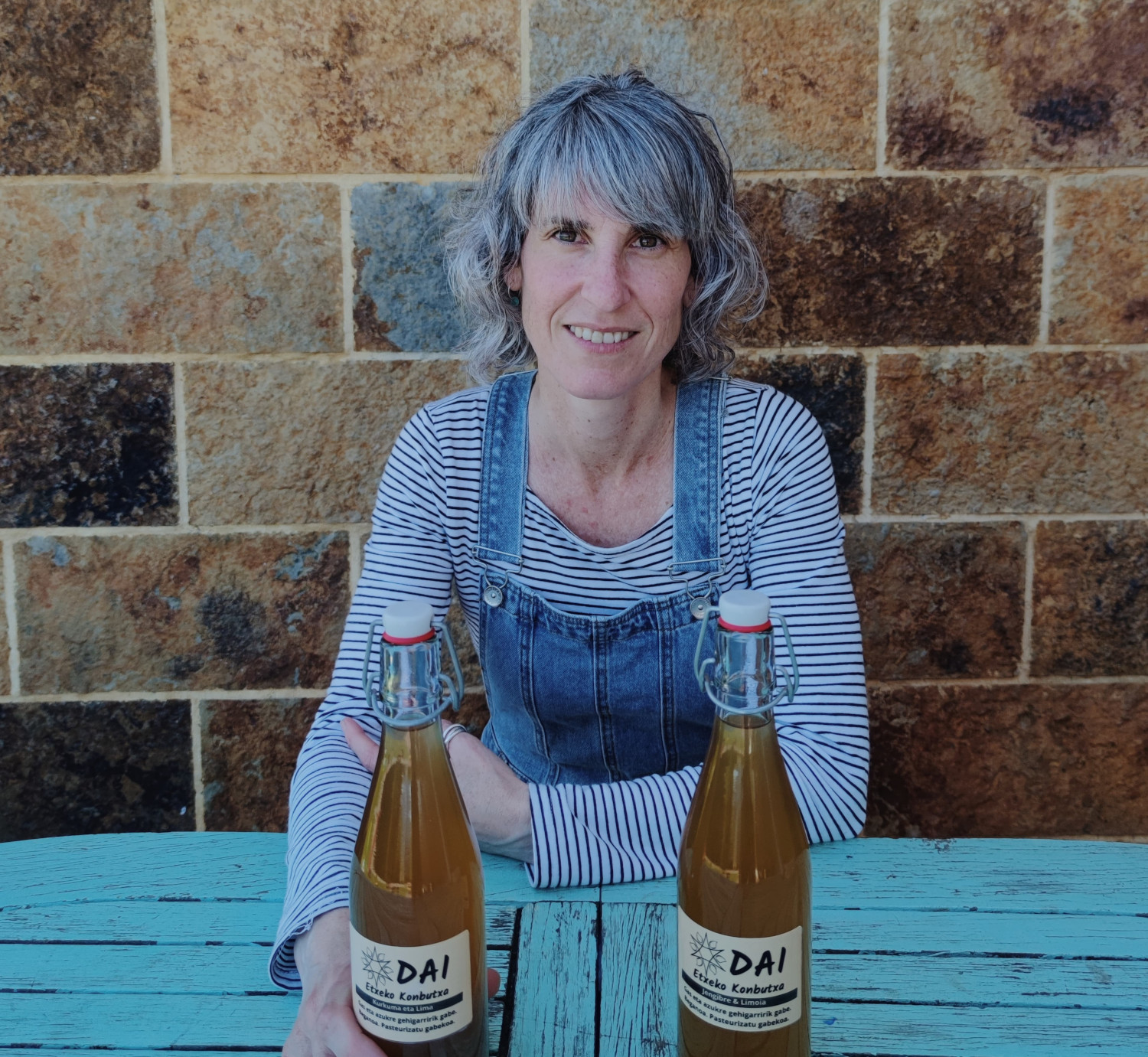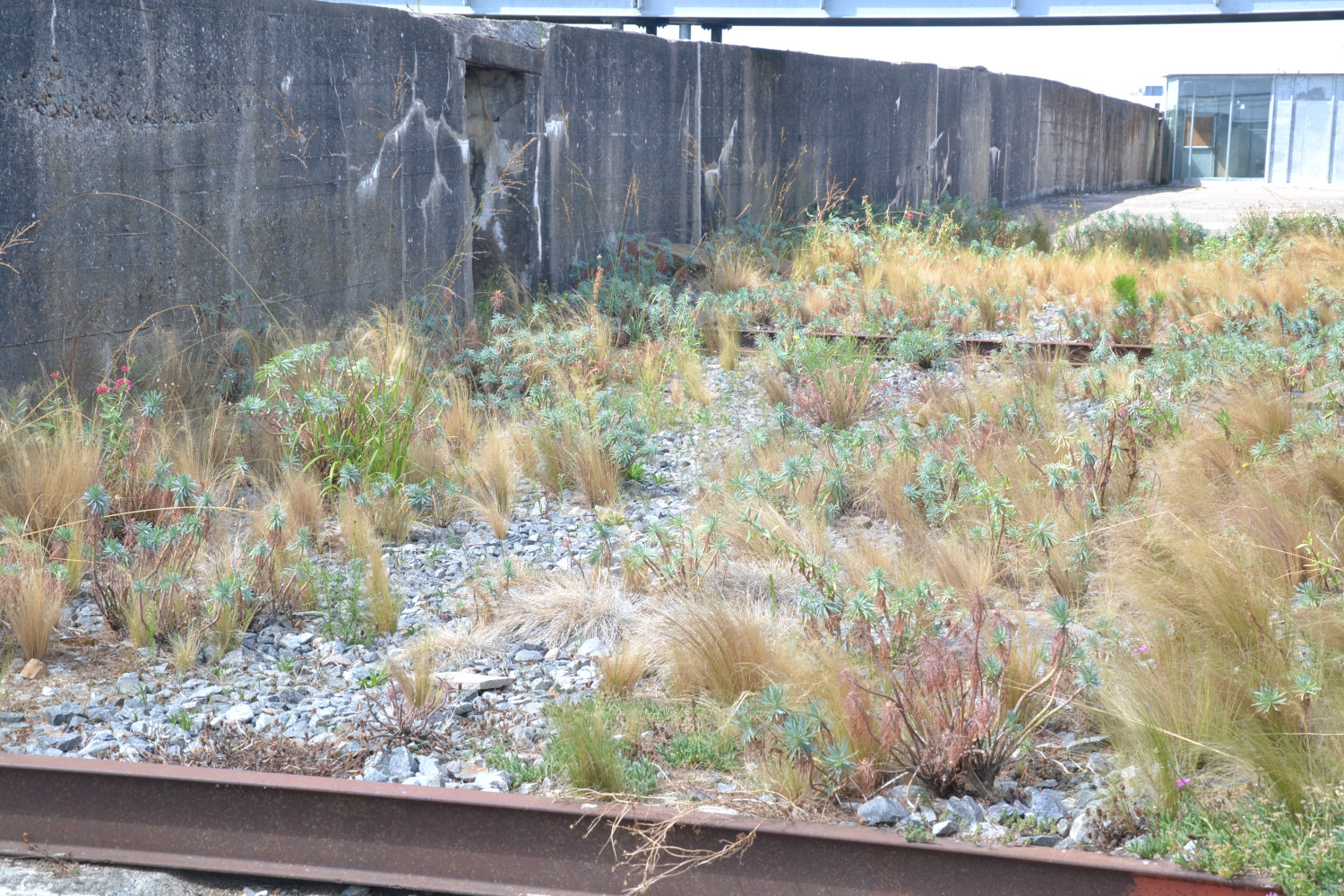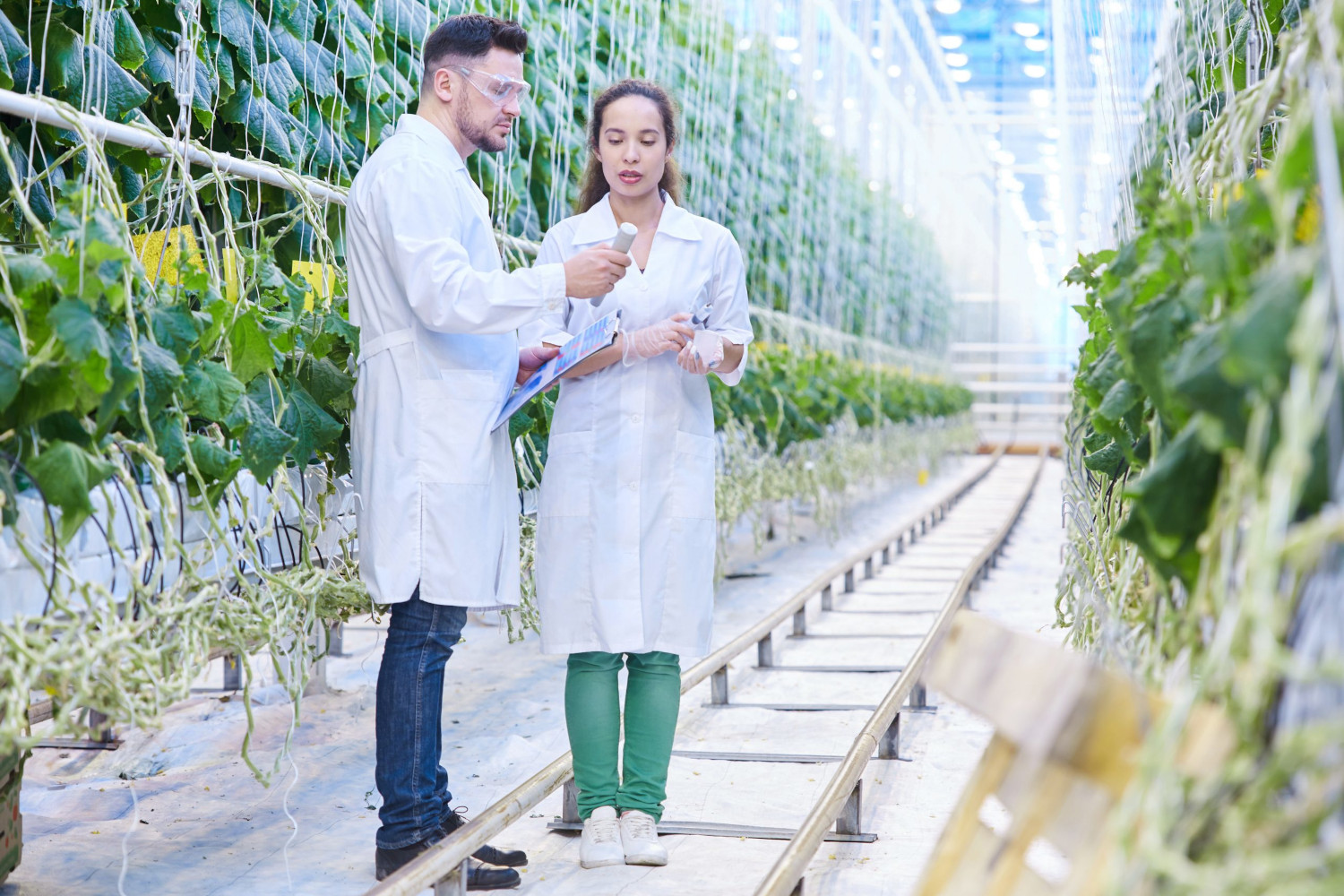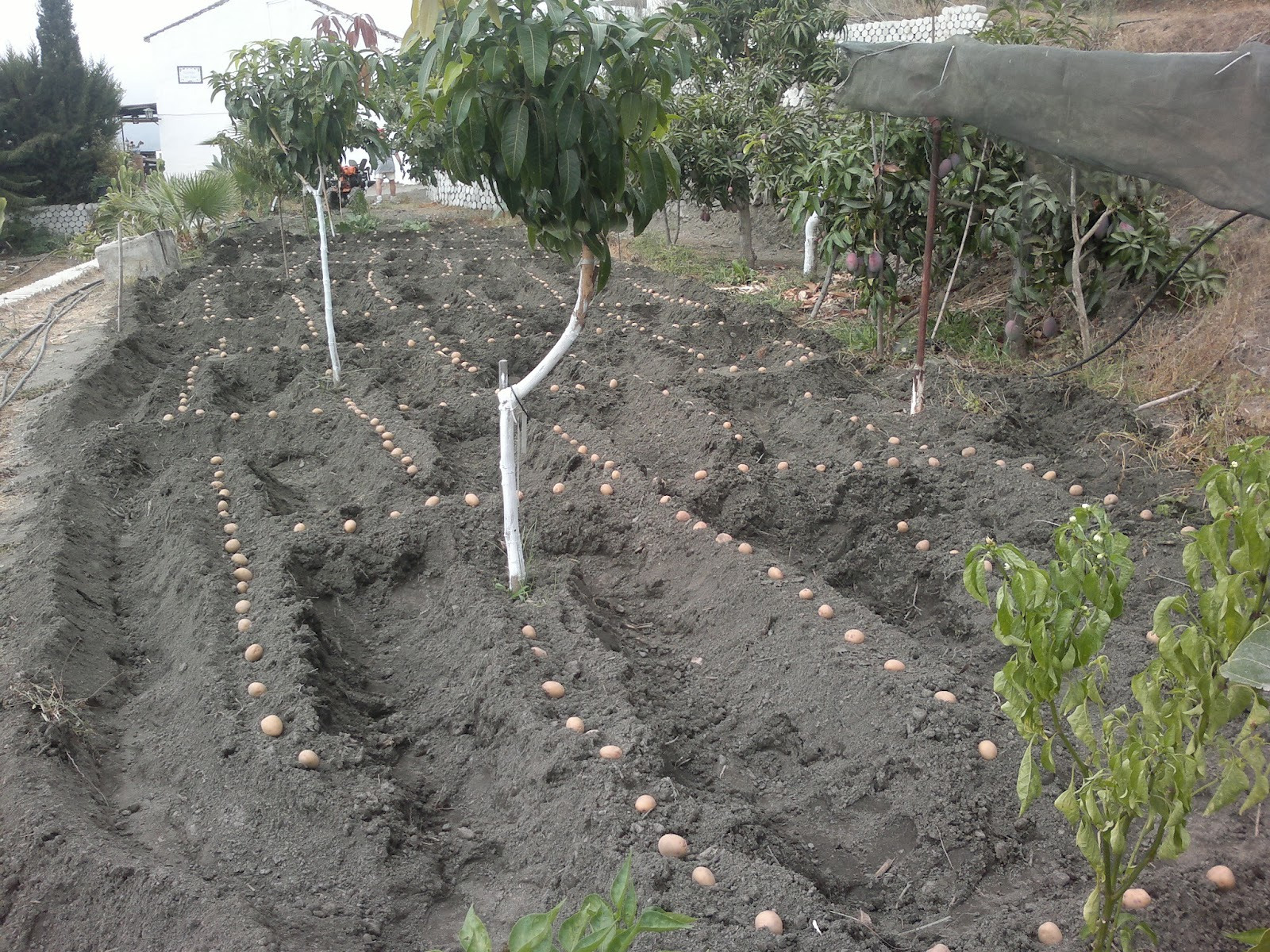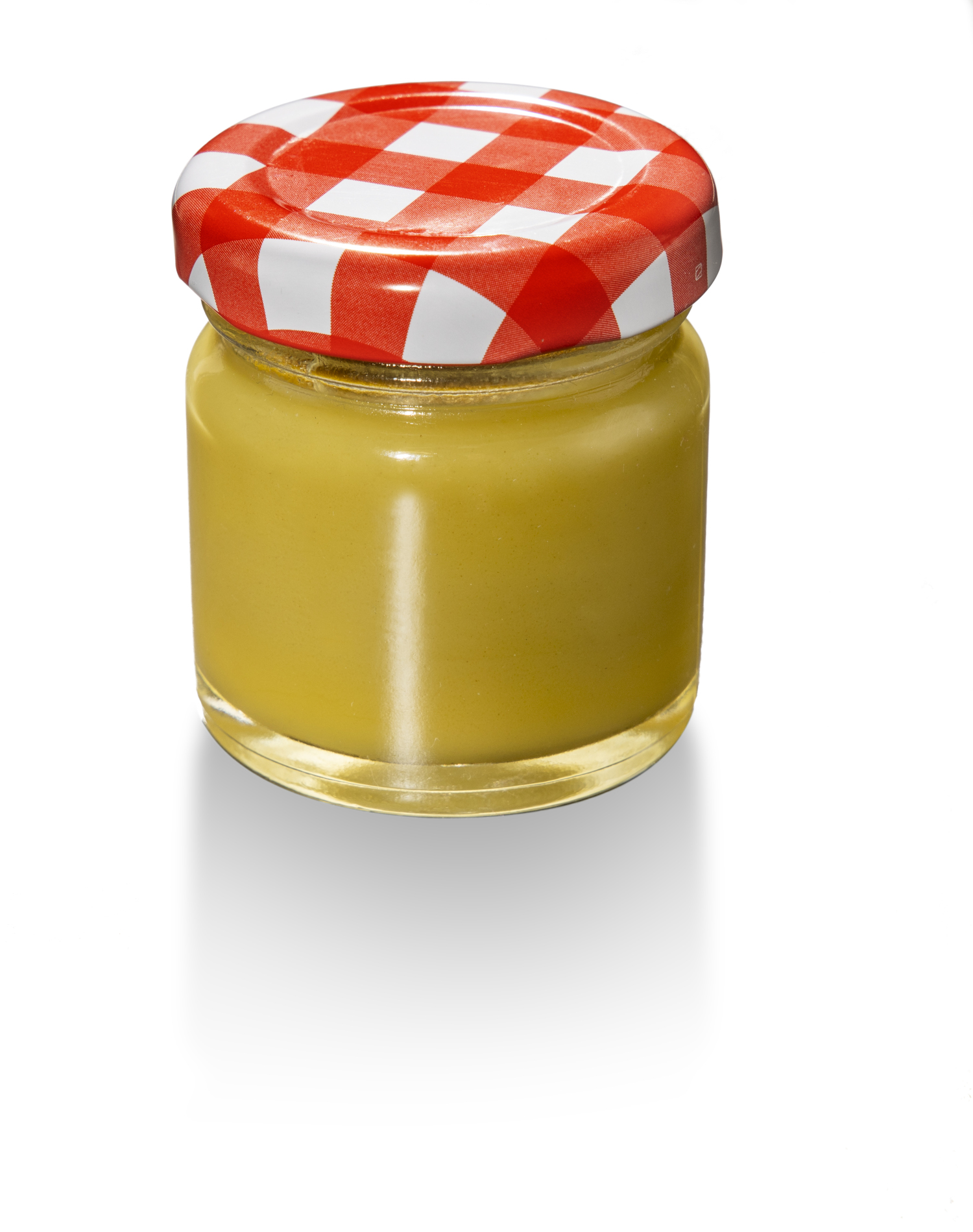The book "Haziak" will be presented on 20 September at the Azpeitia Food Center
The first presentation of the book will be on Friday, September 20, at 18:30 pm, at the Food Center of Azpeitia. The programme will involve the authors Miguel Arribas Kelo and Marc Badal, the translator Markel Lizasoain, the designer Maitane Gartziandia and the photographer Dani Blanco. At the same time as the authors' explanations are heard, the book photos can be seen on the large screen. To round off the first presentation of the book, the Azpeitia City Hall and the Gipuzkoa Food Center will allow the attendees to make comments and questions about the book until the tasting of the entresijos after the talk.

Practical knowledge of seed processing and the political vision of seeds. Miguel Arribas Kelo and Marc Badal joined forces in the book Haziak. This Friday in Azpeitia you will be able to know the book inside.
Until September 30, ARGIA lovers have a special offer to buy this beautiful book: If you do ARGIA, you will receive the gift book. On this website you have the possibility to do it simply. If you’re already a member of ARGIA, you can purchase the book for 24 euros by 30 September. To do so, write to azoka@argia.eus or call 0034 943 37 15 45.
The authors of the book have made a special journey in the world of seeds
The collective project Aleka, which sells organic seeds produced in Euskal Herria, is one of the authors of the book, Miguel Arribas Kelo, who for eight years has been engaged in breeding throughout the year. The other author of the book, Marc Badal, makes seeds for house in his vegetable garden and is dedicated to the dissemination of seeds. He has been the coordinator of the Haziera seed file of the Cristina Enea foundation for 11 years.
Arribas and Badal are two old friends, and their journey is as curious as it is nice. Arribas has said his as follows: "I'm from Madrid and despite being a street child, I started at about 22 years old on a collective project of gardeners there, and there I began to immerse myself in the world of agroecology and look at aging. 16 years ago I came to the Basque Country, directly to the dwelling Leunda Berri de Beizama. A similar project was being developed here, the Uztaro cooperative, a self-managed and collective project. We created that experience and after so many years, that collective disappeared and then I dared to set in motion my eternal restlessness: to produce the seed collectively and professionally."
Badal has also traveled the world of seeds: "I'm from Barcelona. In the 1990s in Barcelona there was a movement of rapid occupation, and some of them began occupying farmhouses [Farms of the Catalan Countries], making vegetable gardens and understanding self-management in a different way, not only to buy beer at parties, I don't know why. We soon relate to other peoples of the occupied Pyrenees: There was a certain struggle between the occupied peoples of Catalonia, Aragon and Navarra and an informal network was created. At that time, we started talking about the agroecological movement. I was in Alta Garrotxa (region of the Catalan Pre-Pyrenees) and in 1997 the Ecollavors seed network was created, very small, self-managed, which was an informal initiative among four known, and since then I have worked on this type of network. 14 years ago I came to the Basque Country and for 12 years I have been living on a farm in Valcarlos. In addition to working on the Haziera project, I participated in the Seed Network of Navarra".
"At night here, it's a book written in the Leundaberri Manor of Beizama"
As Arribas explained, the book was written by Hanka, who is in the Basque Country: "Euskal Herria has special conditions and it is necessary for a garden book to take these characteristics into account," he added. The text they have written in Spanish was translated by Markel Lizasoain. Arribas values the translation very well: "I think he has taken the concepts of agriculture well and I think he has managed to maintain the tone he wanted to give to the phrases. I have learned a lot from Euskera reading this book! ".
Badal stressed that most of the book was written by a farmer (Arribas): "Politics, history, economics, agronomy, genetics, botany... All that is related in the book and all that has come out of a professional, young, ecological farmer who wrote at night, once his day of his vegetable garden is over. At night here, it's a book written in the Leunda Berri farmhouse of Beizama. That's very valuable.
Duela lau urte abiatu zuten Azpeitian Enkarguk proiektua, Udalaren, Urkome Landa Garapen Elkartearen eta Azpeitiako eta Gipuzkoako merkatari txikien elkarteen artean. “Orain proiektua bigarren fasera eraman dugu, eta Azkoitian sortu dugu antzeko egitasmoa, bere izenarekin:... [+]
Itsasoan badira landareen itxura izan arren animalia harrapari diren izaki eder batzuk: anemonak. Kantauri itsasoan hainbat anemona espezie ditugun arren, bada bat, guztien artean bereziki erraz atzemateko aukera eskaintzen diguna: itsas-tomatea.
Ohe beroan edo hotzean egiten da hobeto lo? Nik zalantzarik ez daukat: hotzean. Landare jaioberriek bero punttu bat nahiago dute, ordea. Udaberriko ekinozio garai hau aproposa da udako eta udazkeneko mokadu goxoak emango dizkiguten landareen haziak ereiteko.
Udaberrian orain dela egun gutxi sartu gara eta intxaurrondoa dut maisu. Lasai sentitzen dut, konfiantzaz, bere prozesuan, ziklo berria hasten. Plan eta ohitura berriak hartu ditut apirilean, sasoitu naiz, bizitzan proiektu berriei heltzeko konfiantzaz, indarrez, sormen eta... [+]
Aurten "Israel Premier Tech" txirrindularitza talde israeldarra ez da Lizarraldeko Miguel Indurain Sari Nagusia lasterketara etorriko. Berri ona da hori Palestinaren askapenaren alde gaudenontzat eta munstro sionistarekin harreman oro etetea nahi dugunontzat, izan... [+]
Sare sozialen kontra hitz egitea ondo dago, beno, nire inguruan ondo ikusia bezala dago sare sozialek dakartzaten kalteez eta txarkeriez aritzea; progre gelditzen da bat horrela jardunda, baina gaur alde hitz egin nahi dut. Ez ni optimista digitala nauzuelako, baizik eta sare... [+]
Bada Borda bat ilargian. Bai, bai, Borda izeneko krater bat badu ilargiak; talka krater edo astroblema bat da, ilargiaren ageriko aldean dago eta bere koordenadak 25º12’S 46º31’E dira; inguruan 11 krater satelite ditu. Akizen jaiotako Jean Charles Borda de... [+]








